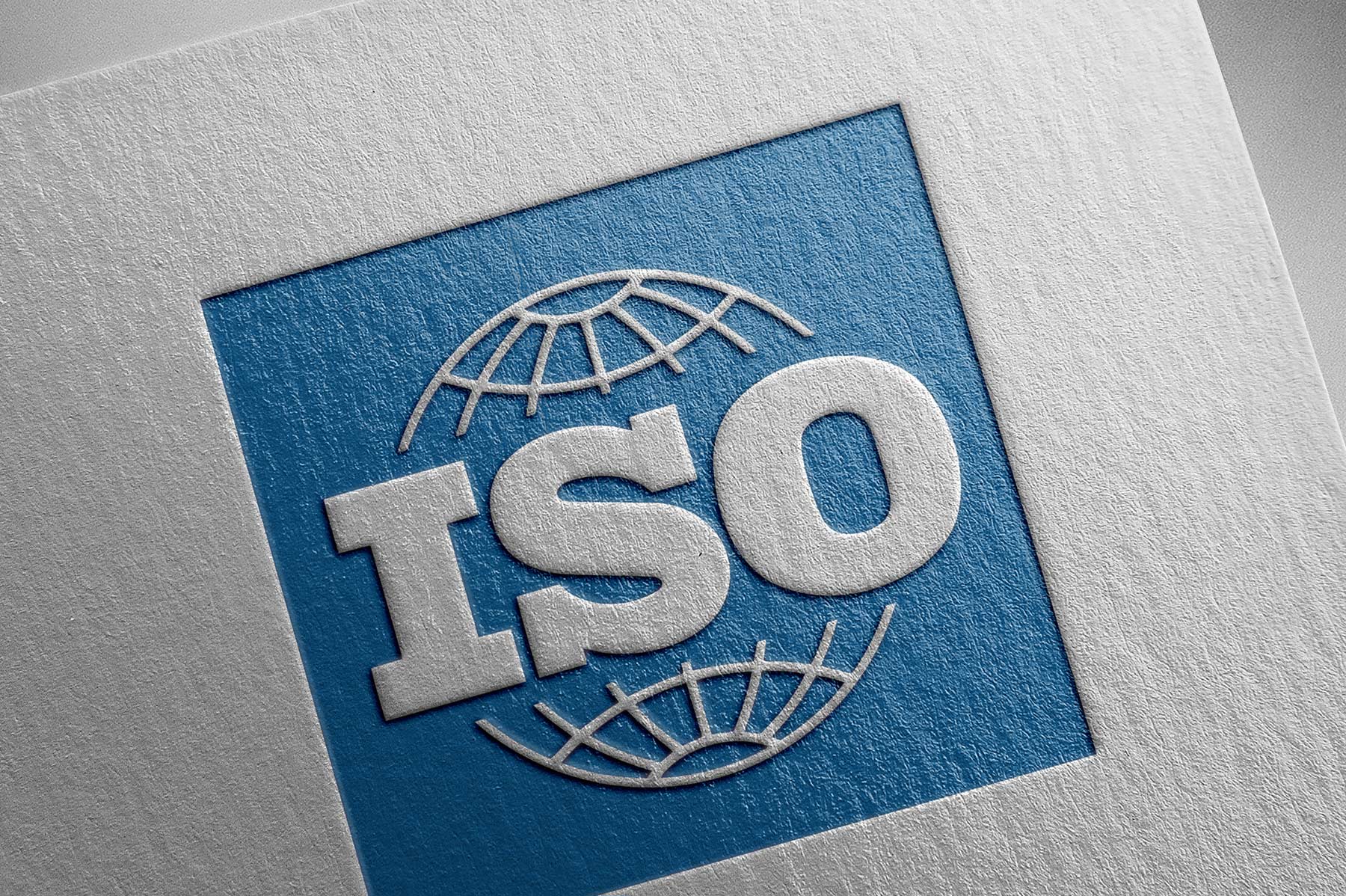The International Organisation for Standardisation (ISO) was founded with the primary aim of developing best practice processes and systems.
With 24277 standards that touch on almost all aspects of daily life, ISO sets about defining essential requirements to make products and services that work efficiently, through sharing the best ideas and methods, to reach a common goal.
K2’s ISO journey began in 2015 with ISOs 14001 & 9001 being obtained in the UK. Our Sweden office followed suit in 2017, Houston in 2019, South Africa in 2020, Pittsburgh in 2021 and Singapore in 2022.
Sustainability is one of our key strategic priorities for the next five years and beyond. We recognise the need for increased prominence of environmental management within our strategic planning processes, significant input from senior leadership, and a strong commitment to proactive initiatives that boost environmental performance.
Why ISO 14001?
ISO 14001 is the International Standard for Environmental Management. As K2 have joined ISO 9001 and 14001 our management system is called a Business Management system (BMS). A BMS helps us to identify, manage, monitor and control our environmental issues.
As an ethical, responsible, global business, K2 constantly strives to broaden our understanding of sustainability, environment and the impact our activities have on the world and where we can make a material difference.
Designed by the ISO and implemented by K2 to help us consider and reduce our environmental impact, ISO 14001 requires participating organisations to consider all environmental issues relevant to their operations, from waste management to resource use and efficiency.
Linda Rafferty, Global Head of Compliance comments:
“Organisations face increasing pressure from clients, regulators, and governments to reduce their environmental impact. Gaining ISO 14001 certification was one clear way to show K2’s commitment to this goal, as well as helping us to meet existing legal obligations.”
Any business, of any size, in any sector can implement the ISO 14001 framework and apply for certification of their Environmental Management Plan. This makes ISO 14001 one of the most popular standards in the world.
There are many benefits to ISO 14001 certification. A tool to support continuous improvement, ISO 14001 maps out a framework through which to demonstrate compliance with statutory and regulatory requirements, whilst improving a business’s transparency and credibility for both internal and external stakeholders.
Linda continues:
“Now, more than ever, it’s important for businesses to factor environmental management into their wider business strategy. This standard allows businesses to set up an Environmental Management system that can help to support corporate environmental and sustainability goals.
ISO 14001 encourages better environmental performance of suppliers. This supports our ongoing work towards an ambitious 40% carbon footprint reduction through our supply chain by the end of 2026”.
Annual audits – analysis and review of existing processes and systems
In order to continue to achieve ISO 14001 certification we must complete monthly internal audits and an external audit conducted by an independent auditor who is UKAS accredited. These audits focus on K2’s compliance, conformity and integration and are a systematic and documented way to identify areas for improvement and ensure that we have best practice processes in place.
Through auditing our processes and documentation, systems and functions, the audits help to:
- Ensure that K2’s BMS is ISO 14001 compliant
- Verify that K2 is taking suitable action to meet the ISO standard
- Address any issues we have with the ISO framework
- Identify any ways to improve our embedded standard
An ongoing journey – the need for continual improvement
Like all ISO management system standards, ISO 14001 includes the need for continual improvement within a business’s systems and approach to environmental concerns.
ISO 14001 certification is a key part of K2’s ongoing sustainability journey. Our five-year strategy, Kinetic, outlines our ambitious sustainability and ESG goals and how we plan to measure our progress.

